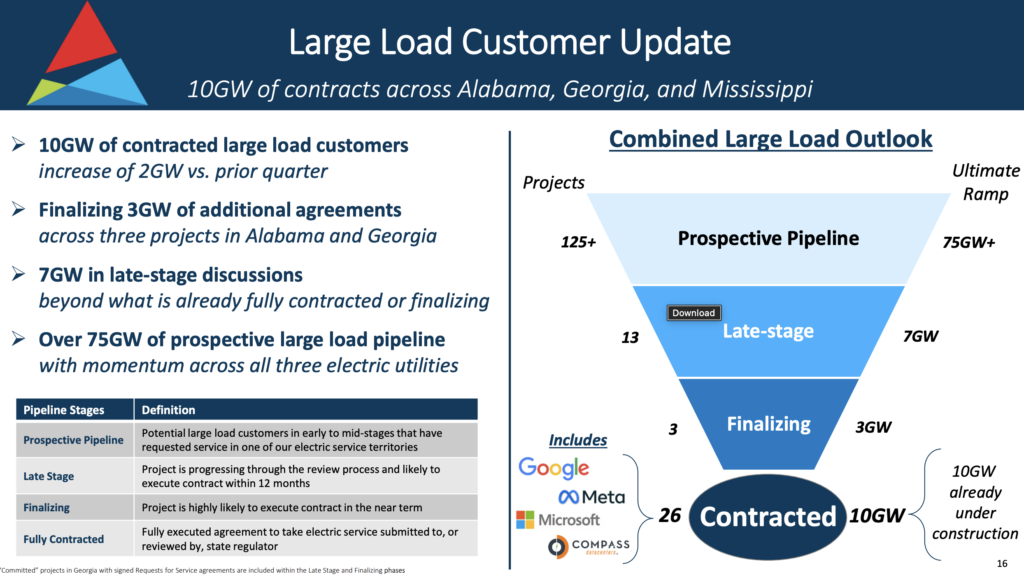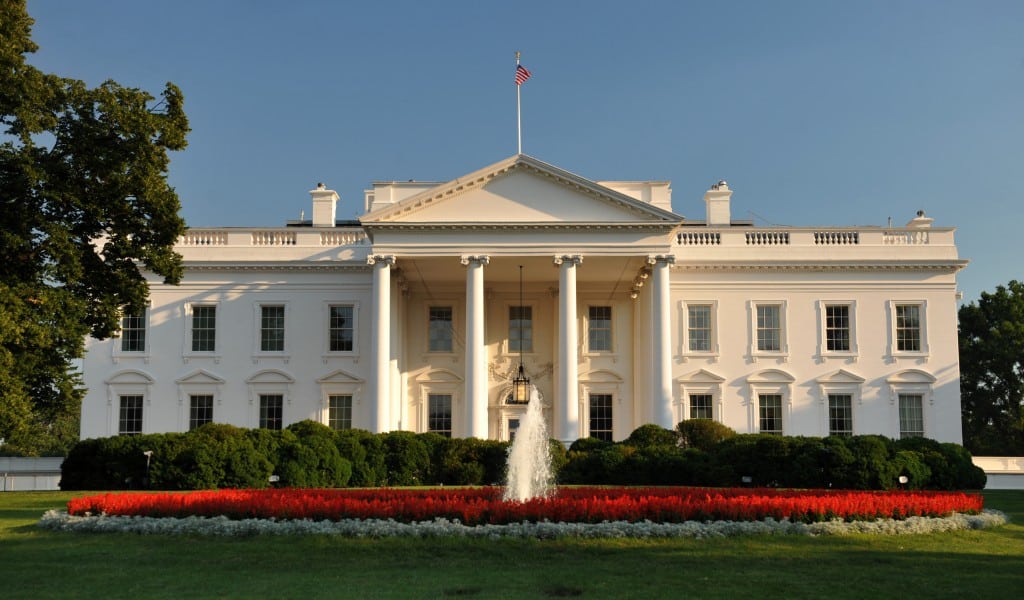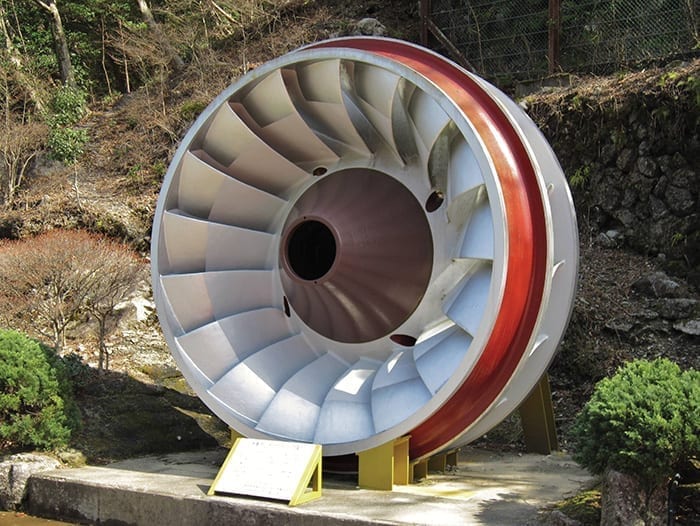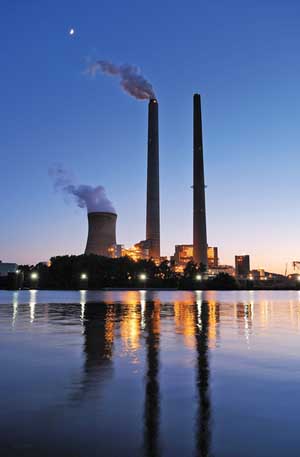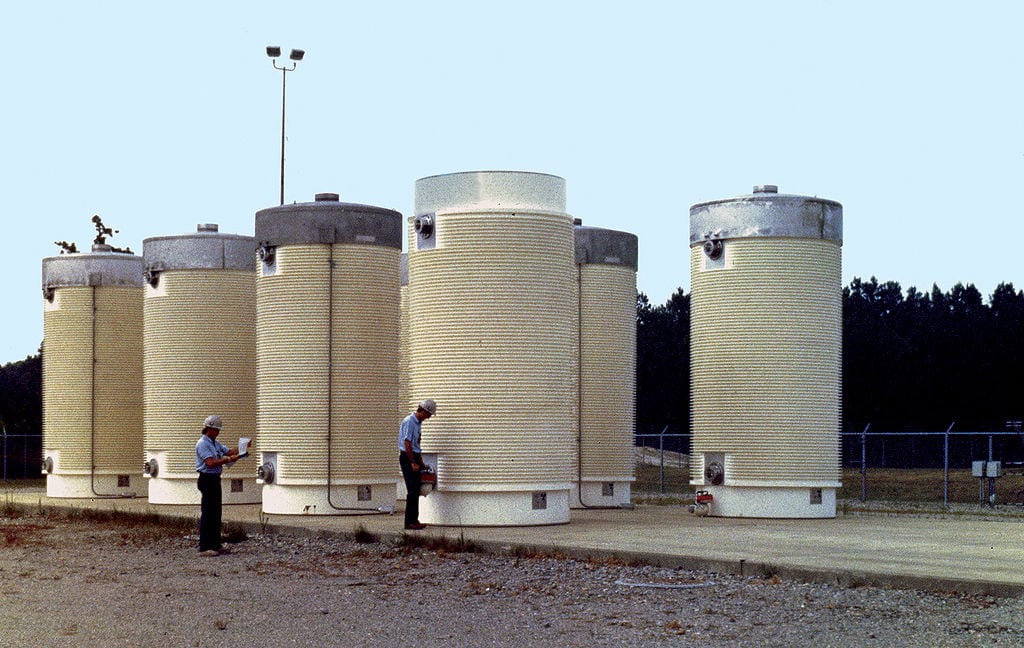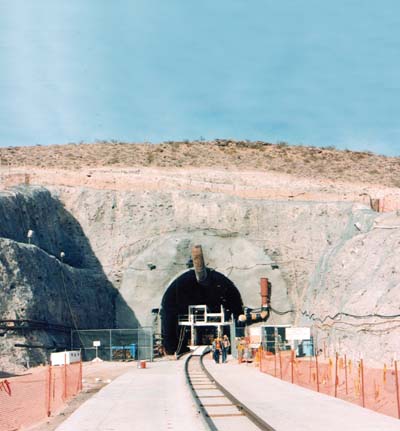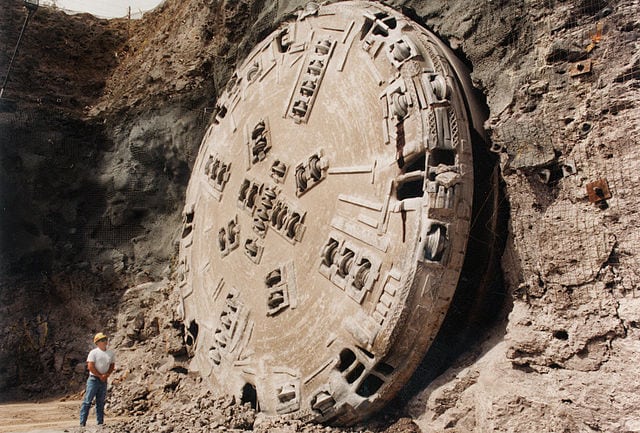The estimated $30 billion that electric utilities have paid since 1982 to the Nuclear Waste Trust Fund for the construction and operation of the federal nuclear waste repository at Yucca Mountain could be returned to them if a Senate bill introduced on Thursday passes.
U.S. Senator Lindsey Graham (R-S.C.), along with eight other Republican senators, introduced “Rebating America’s Deposits Act” (S.861) in response to the Obama administration’s recent decision to put the waste repository on hold.
It seeks to amend the Nuclear Waste Policy Act of 1982, legislation that directed the Department of Energy (DOE) to study suitable sites for a geologic repository. As a result of this study, according to the DOE, Congress and the president in 2002 approved the development of the geologic repository at Yucca Mountain in Nevada. The agency last year submitted an application to the Nuclear Regulatory Commission (NRC) seeking a license to construct the repository.
To fund the study and development of the repository, the Nuclear Waste Policy Act of 1982 required utilities to pay a fee of one tenth of one cent ($0.001) per kilowatt-hour into the Nuclear Waste Fund. Charging customers a monthly fee in each electricity bill, this fund has so far collected more than $30 billion in fees. According to Sen. Graham, self-described as “one of the strongest supporters of nuclear energy in the Senate,” South Carolina residents alone contributed more than $1.2 billion to that fund through 2008.
“No one should be required to pay for an empty hole in the Nevada desert,” Sen. Graham said. “The decision by the Obama Administration to close Yucca Mountain was ill-advised and leaves our nation without a disposal plan for spent nuclear fuel or Cold War waste. It was a political, not scientific, decision. It is incumbent on the Administration to come up with a disposal plan for this real problem facing our nation.”
Nuclear waste is currently located in more than 120 locations in 39 states. Yucca Mountain was meant to begin operation in 1998, though that date was pushed to 2017 for a variety of reasons. Utilities providing interim storage of nuclear waste since 1998 have already won more than $600 million in compensation after a court ruled that the Nuclear Waste Fund could not be used to meet costs stemming from the DOE’s failure to meet its target.
For each year beyond 2017 that Yucca Mountain’s opening is now delayed, the DOE estimates that U.S. taxpayers’ potential liability to contract holders who have paid into the Nuclear Waste Fund will increase by about $500 million.
Among the new legislation’s foremost purposes is to require the president to certify, within 30 days of the bill’s passage, that Yucca Mountain remains the preferred choice to serve as the federal repository for spent nuclear fuel and defense nuclear waste. Graham said that this was necessary because the DOE had spent $13.5 billion and two decades studying the suitability of the site for the disposal of nuclear waste.
If the president does not make the certification, the bill requires that the estimated $30 billion Nuclear Waste Fund be returned to utilities. About 75% these funds would then be rebated to customers, with the remaining portion used to make upgrades to onsite storage facilities.
The legislation also authorizes payments of up to $100 million to states currently housing 12,800 metric tons of defense nuclear waste, which was scheduled to be transferred to Yucca Mountain. These payments could begin in 2017, the year that Yucca Mountain was set to receive shipments of defense nuclear waste.
S.861 also includes language to allow the NRC to continue to license nuclear reactors with reasonable confidence that the waste would be disposed safely even if the president does not certify the repository.
The bill has so far been read twice in the Senate and referred to the Committee on Energy and Natural Resources. Cosponsors of the legislation include Sens. Richard Burr (R-N.C.), Saxby Chambliss (R-Ga.), Susan Collins (R-Maine), Jim DeMint (R-S.C.), James Inhofe (R-Okla.), Johnny Isakson (R-Ga.), Mel Martinez (R-Fla.), and John McCain (R-Ariz.).
Sources: Sen. Lindsey Graham, DOE


